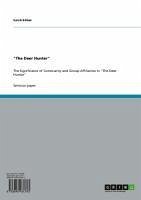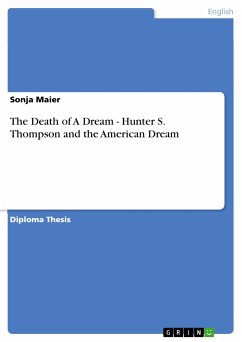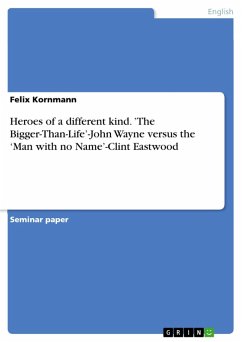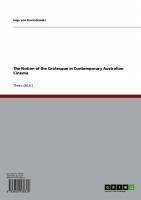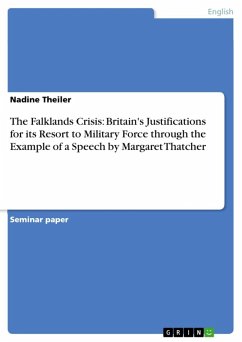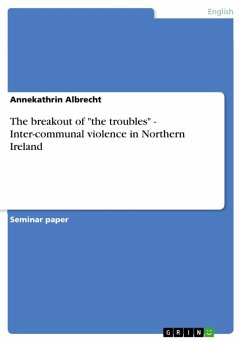The movie The Deer Hunter was released in 1978; three years after the end of the Vietnam War. During the war, the American public had received censored information by the mass media concerning the war. The American sense of mission and patriotism hovered above and disguised uncomfortable topics such as the cruelties inflicted on Vietnamese civilians by GIs or less palatable the justifications for the U.S. intervention in the war. It therefore left no space for any respect towards the Vietnamese as an individual being part of an ethnic group with its own culture. Although stereotypes about the Vietnamese are adopted and developed in The Deer Hunter so much so that even critics stood up for the former "enemy" and condemned the depiction as "racist" - the enemy is not, unlike in several other movies produced at that time, simply an excuse for demonizing particularly the Vietnamese; it serves as a rather symbolical threat to a community of "war buddies" and could be replaced by any other enemy. In this paper I will argue that labeling The Deer Hunter as "racist" is misconceived, since the adoption of the Vietnamese as an enemy image has to be reduced to the threat itself. The first two chapters will explain how the attitude of the American public towards the Vietnamese as their "enemy" was shaped and why the issue of Vietnam became a central to the plot. This will show that the emphasis is laid on something else: human relationships within the group and not, as it at first seems to be, on the enemy itself. Therefore, I will explore the significance of community in this particular case and compare the relationships within the group before, during and after the war. It will become clear that the original hierarchy of the group dissolves when the group is threatened. The group¿s war experiences lead further to an inability to take part in the social life at home. Since the original group is shattered, the new group is challenged to refer to the former bonds that have always kept them together in order to establish a new identity. Ironically, this new identity is based on the patriotic phrase "God bless America".
Dieser Download kann aus rechtlichen Gründen nur mit Rechnungsadresse in A, B, BG, CY, CZ, D, DK, EW, E, FIN, F, GR, HR, H, IRL, I, LT, L, LR, M, NL, PL, P, R, S, SLO, SK ausgeliefert werden.

